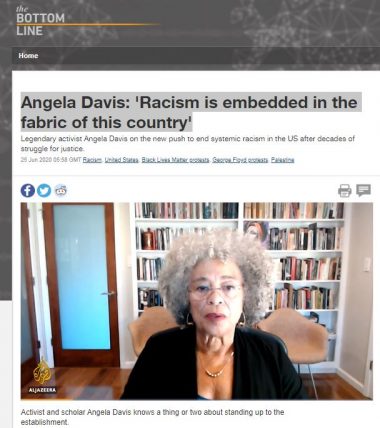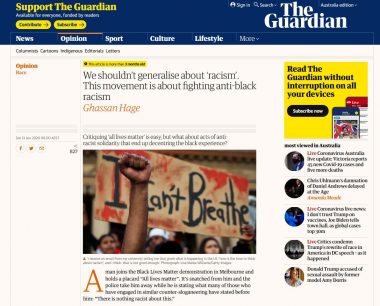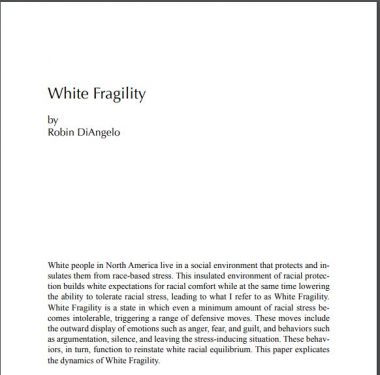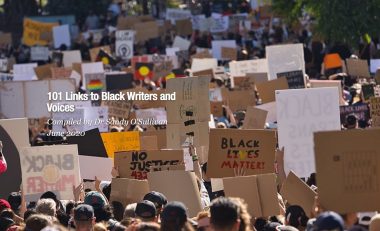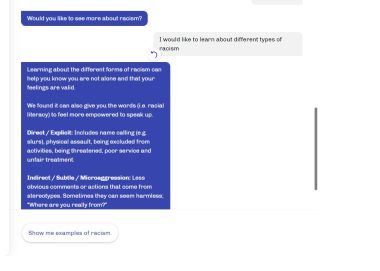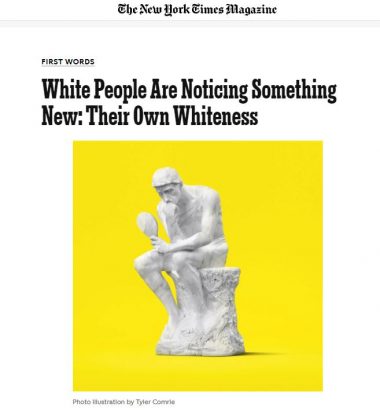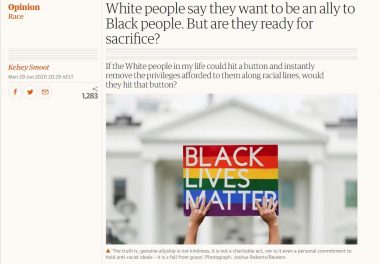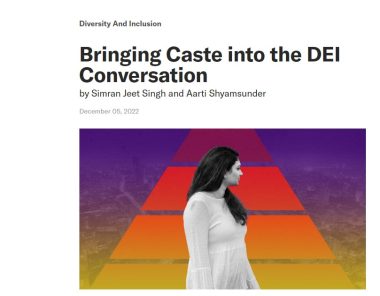Racism is the normalising and legitimising of systems that create advantage for the dominant culture and disadvantage for marginalised cultures. These systems produce chronic inequities, which build over generations, and are kept in place by the concentration of power and privilege in the hands of the dominant culture.
Racism is more than abuse, hostility and exclusion. It also includes indifference, neglect and a failure in the duty of care. It includes the failure to listen and engage, the silencing and devaluing of histories and perspectives, the failure to provide equitable access to healthcare, education, and economic opportunity, and the appropriation of land, property and culture.
Being anti-racist means taking an active stance against racism.
Racism operates on a number of levels. Recognising the different forms of racism is critical to action and change. The following definitions provide a breakdown of three levels of racism:
- Structural (societal or systemic) racism is complex and encompasses history and the present reality. It speaks to the way those with power (across time and space) actively safeguard and protect systems of power so that power structures remain in place. Systemic racism refers to the history, ideology, culture and interactions of institutions and policies that work together to perpetuate inequity. Systemic racism describes the way in which institutions and structures fail to provide adequate service provision and equal opportunities to people because of their racial or cultural background. This form of racism persists because those with power in institutions fail to recognise and address its existence and root causes, and do not act to remedy historical racial injustices that continue to oppress and exclude people in the present. In the cultural and educational realms, Western expressions of art, music and literature are embedded as the dominant canon, normalised as ‘universal’ and ’excellent’, and are prioritised for study in schools and universities. Structural racism is responsible for racialised communities experiencing poor life outcomes, lower levels of pay, lower and representation at leadership levels. Structural racism is the most under-addressed of anti-racism initiatives. Addressing systemic racism means moving beyond cosmetic, one-off initiatives and directly challenging and dismantling systems of power and oppression.
- Organisational or institutional racism encompasses the policies, practices and procedures that inform and direct the everyday operation of creative agencies, businesses and enterprises. This includes both direct and indirect discriminatory policies such as a requirement for an employee to be a ‘native English speaker’ (rather than, for example, ‘proficient in English’), or discriminatory practices, such as advertising a position requiring ‘local experience’. Organisational racism is about the failure to adopt anti-discrimination policies and racial equity and inclusion policies that implement anti-racist practices across all levels of the organisation, and the failure to remedy racism when it occurs or is reported. Race discrimination is unlawful, but ‘race neutral’ policies and practices perpetuate inequity. Organisations need to be held accountable to ensure that policies, practices and procedures do not harm, exclude and marginalise individual, groups or communities.
- Individual racism is expressed or enacted by an individual and includes interpersonal racism. This interaction can be both subtle and hostile. It can include low-level negativity, disrespect, exclusionary behaviour and prejudiced assumptions (ie microaggressions). It can also include social media abuse, harassment, hate speech, vilification and assault. It can include racist commentary about a person’s accent or origin, prejudiced assertions like telling a person who speaks three languages, including English that they speak English well. It includes instances of individuals acting on their biases and bigotries, such as discriminating against job candidates on the basis of race or cultural background, creating work that invokes racial stereotypes or telling racist jokes. Individual racism is where anti-racism initiatives have been pitched, but without addressing organisational and systemic racism, the oppressive system that protects and enables will continue to harm and exclude specific individuals, groups and communities. Racial literacy learning must replace the focus on individual bias (unconscious bias) training if we are to move into a critical future.
Photo: Nasir Jebeile
